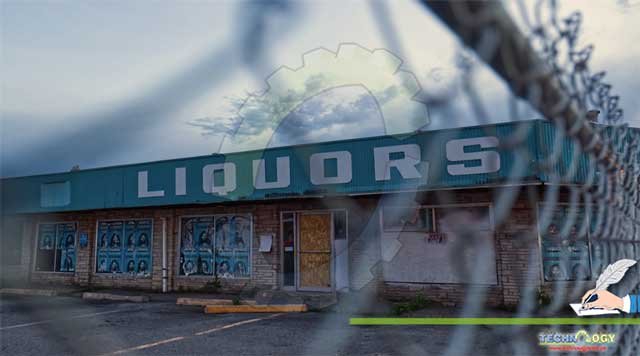Are you worried that a loved one may be suffering from a drug or alcohol problem? Whether they are using illegal drugs, prescription medications or alcohol substance abuse can cause stress to everyone involved.

Unfortunately substance abuse looks different for everyone. It does however affect the psychological, emotional and physical aspect of everyone as well as their personal relationships.
Here are some signs to look for:
Psychological
Drugs and alcohol take a major toll on a person’s mental ability to function and exercise good and clear thinking and judgement. The psychological effects of addiction can manifest in behaviors that are different from what you are used to seeing. Some of the behaviors are as follows:
- Sleep patterns may change
- May become increasingly confident or may loss confidence
- Can become either overly talkative or withdrawn
- Hallucinations
Emotional
Emotional volatility is a common sign of addiction. Unpredictable, erratic and manic behavior often accompanies substance abuse. You may notice a drastic change in your loved ones emotional behavior. Some of the signs to look for include:
- Crying or bouts of hysteria
- Physical and or verbal abuse
- Depression or anxiety
- Irritability and quick to anger
- Defensiveness
- Loss of interest
Physical
The physical damage caused by the use of drugs or alcohol can be much more severe than you would think. If you notice any of these signs your loved one may be struggling.
Here are some of the signs to look for:
- Loss of coordination, stumbling
- Cramps in the stomach
- Loss of sexual function
- Overactive or underactive
- Weight loss
- Sniffy or runny nose
- Cuts and bruises with no explanation
- Dilated pupils or red eyes
Personal Relationships
Addiction can have very real consequences for the person suffering, however it also burdens everyone around them. If your loved one is abusing substances their relationships with the people they care about may change in a dramatic way. Here are some signs to look out for:
- Short tempered which may result in violent arguments
- Difficulty holding a conversation
- Distancing themselves from long term relationships
- Isolating behaviors
- Sudden marital problems
- Always asking for money
- Missing work or school
Once you have identified that a loved one is addicted to a substance you will have many questions and fears. The most important thing to remember is that there is help out there. You just need to educate yourself on the best course of action.
How can you help?
The most important thing to remember when trying to help your loved one with an addiction is to educate yourself. The more you know about their addiction the more you will be able to help them. Be as supportive as you can when you speak to them about your concerns. Make sure that you come from a place of love, don’t blame or accuse them, this will only push them away. Try joining a support group for families dealing with the same issues that you are. A support group with help two fold, you will get a better understanding of this disease and you will form a support system for yourself with others going through the same challenges that you are facing.
Try encouraging your loved one to seek help, have a list of rehabs that handles their addiction. But remember if they are not ready do not push. Instead be a reminder of how important it is to get help. Keep in mind that your loved one is not in their right rational mind while they are abusing drugs or alcohol and may not see that they need help.
All you can do at this point is be as supportive as you possibly can without crossing the line. It is difficult sometimes to keep a hard boundary. But it is very important to do so. One of the most important things to keep in mind is never give your loved one money. This will allow them to continue to buy drugs or alcohol. This is particularly hard if your loved one is your son or daughter. It is important to remain supportive and encouraging
but you don’t want to be a person who enables addictive behaviors. Addicts are master manipulators and will not get help until they are ready. So keep that in mind.